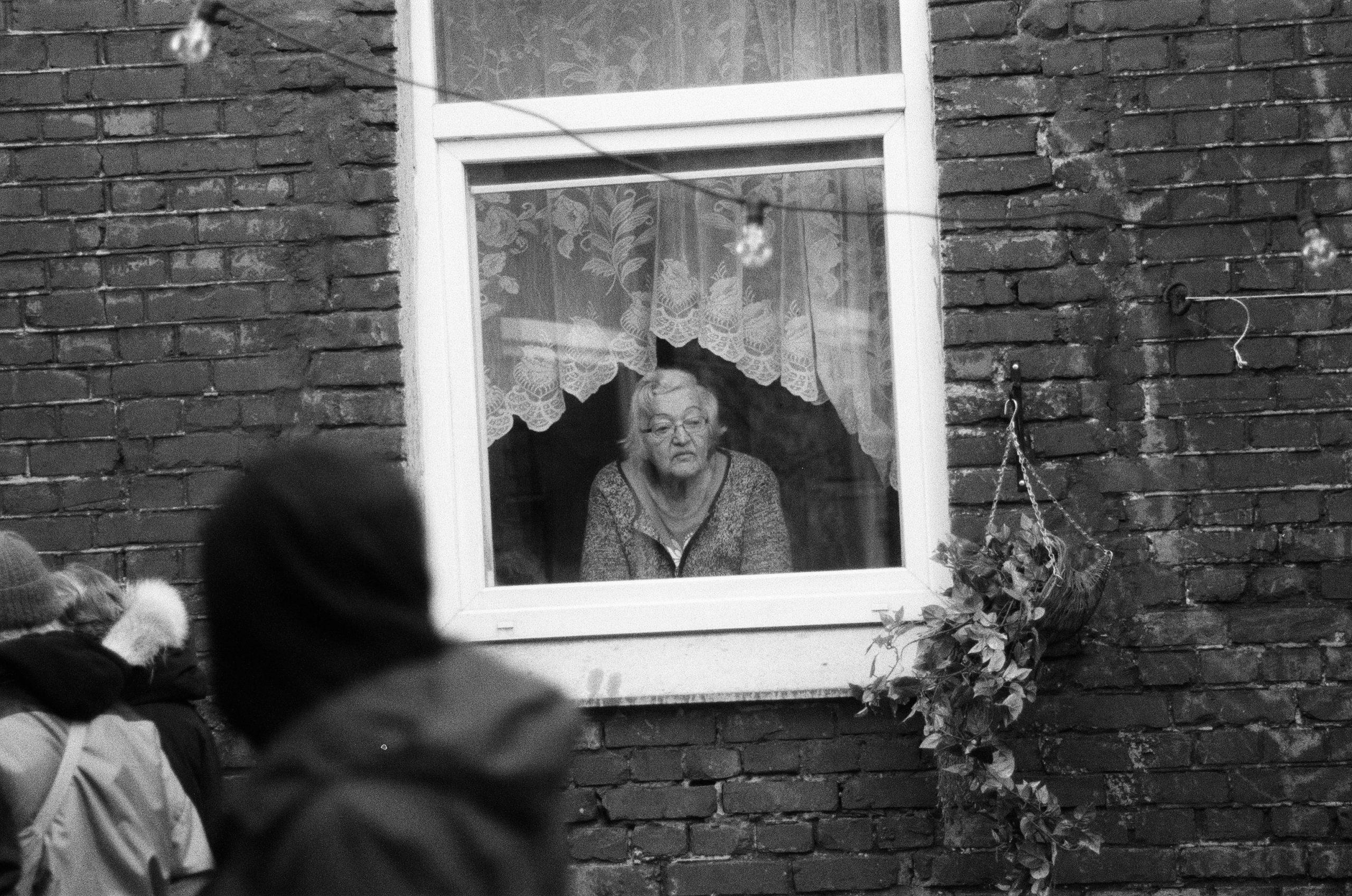
Inheritance of share in co-ownership of real estate
The law firm undertook the handling of a case involving a co-owner of a real estate shareholding belonging to other co-owners.
The law provides for such a possibility, but both in the doctrine and in the jurisprudence of the courts, the view has become firmly established that in order for another co-owner to be seated in the shares of co-owners, it is necessary for him to manifest to the other co-owners his intention to own the property in excess of his share.
The difficulty of this type of case is that such activities of the non-co-owner self-owner as taking care of the property, paying the burdens associated with it, making expenditures on it, usually lead to a court finding that the seizure has occurred – but not in the case of the seizing co-owner.
The aforementioned actions are considered by the courts to be insufficient for the shares of the other co-owners to be seated. Indeed, the courts take the position that co-owners of real estate have the right, not the duty, to exercise their ownership rights, hence their (sometimes long-standing)
Inactivity in the management of the property, and sometimes even a complete lack of interest in it, is not a prerequisite for the assertion of the shares of inactive co-owners by a co-owner who is active, exercises management over the entire property, often exclusively inhabiting it and making expenditures on it.
There is no clear guidance in the case law of the Supreme Court as to how, in such a state of affairs, a co-owner should externalize the intention to wield the property for himself to the exclusion of the other co-owners in order to effectively acquire it.
In view of the gap, the law firm in the case initiated proceedings to obtain the position of the Supreme Court clarifying what can be a manifestation of self-ownership of shares in co-ownership.